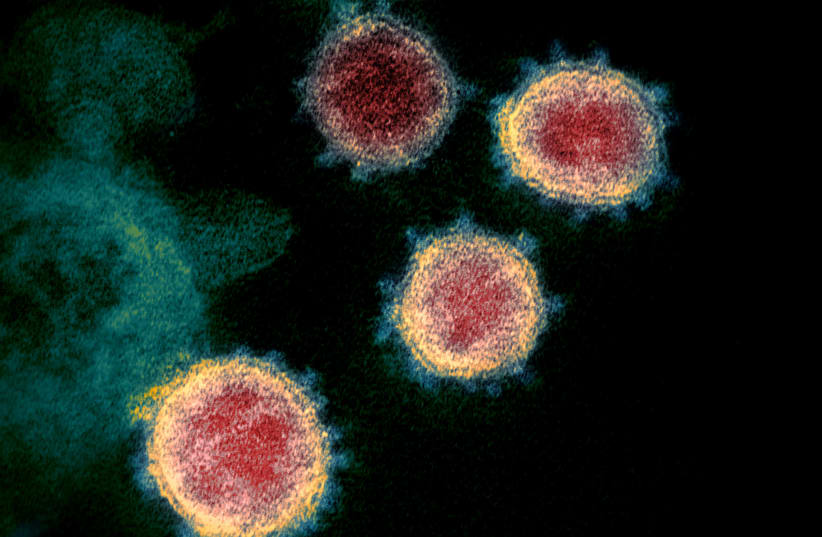Led by Prof. Bing Chen, a professor of pediatrics at Boston Children's Hospital, the study examined changes that had occurred in the spike proteins belonging to the D614G mutation, which is what is carried by the variants from Brazil, South Africa and the UK.
All of these variants have been known to spread more easily compared to the original strain.
According to these findings, which were published in the academic journal Science, the original strain's spike protein would on occasion collapse on itself before it could properly bind to a human host's ACE2 receptors, which means it wouldn't properly fuse with the cells. But this obstacle seems to have been rectified in the D614G mutation-carrying variants. However, these spikes don't bind as well as the original variant.
"Say the original virus has 100 spikes," Chen explained in a press release. "Because of the shape instability, you may have just 50% of them functional. In the G614 variants, you may have 90% that are functional, so even though they don't bind as well, the chances are greater that you will have infection."
As news of the variants first emerged, many expressed concern that the existing COVID-19 vaccines wouldn't be able to provide protection against them. However, Chen and his team say this shouldn't be a concern, as any vaccine based on the spike – and the Pfizer, Moderna and Johnson & Johnson vaccines are all based on the spike – are actually more likely to immunize against the virus.
